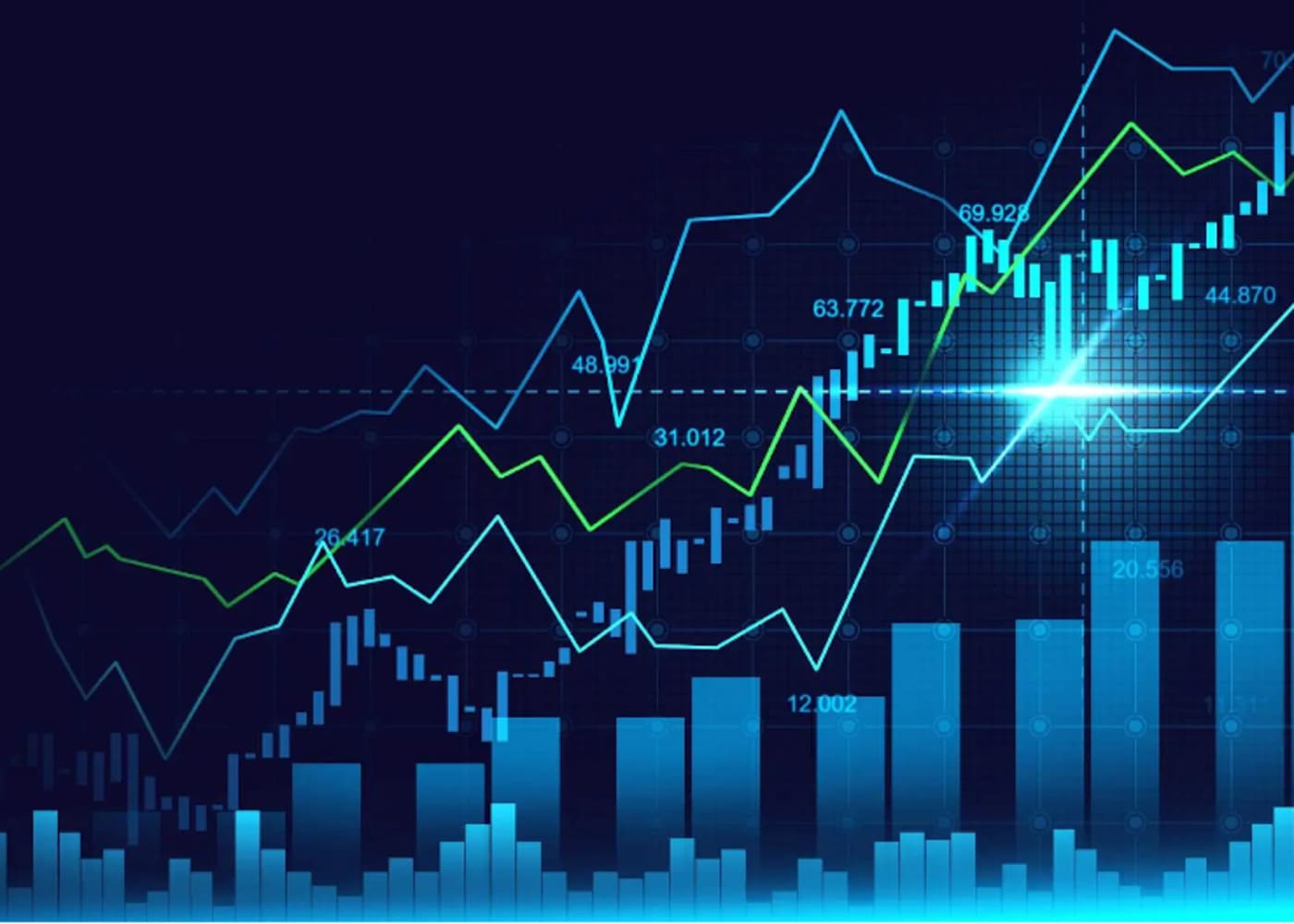
UK Mortgage Lending Surges to Record High for 2021
What exactly is the process of getting a mortgage?
When you get a mortgage, you pay back the loan amount plus interest in monthly instalments over a set period, usually 25 years. Longer or shorter terms are available on some mortgages in the UK.
Until you have paid off the mortgage in full, it is secured against your home. If you don't pay back the loan, the lender may take your home.
You can get a mortgage on your own or with one or more other people in the United Kingdom.
Is There Any Difference Between a Loan and a Mortgage?
A mortgage is a secured loan.
A loan is a two-party financial agreement. A lender or creditor lends money to a borrower, who promises to repay the loan in monthly instalments, plus interest, over a predetermined period.
Loans are disbursed in different shapes and sizes. Some, like a mortgage, are secured, while others are unsecured. This eliminates the requirement for collateral. Unsecured loans, on the other hand, typically have lower borrowing quantities and higher interest rates.
What are your options for obtaining a loan?
Banks and building societies lend the majority of mortgages in the United Kingdom.
You can get a mortgage in two different methods.
1. Direct
You can apply for a mortgage directly from the lender; utilize our comparison tables to discover the best deal.
2. via a middleman
You could also look for a mortgage and consult with a mortgage broker or an independent financial expert. Some are whole-of-market, meaning they can provide mortgages from any lender, while others provide exclusive deals.
UK Mortgage Surge in 2021
According to new data, 2021 was the best year for mortgage lending since the financial crisis, thanks to the stamp duty holiday and people migrating away from cities as remote employment became the norm.
Gross mortgage lending is expected to reach £316 billion ($417 billion) this year, up 31% from 2020, before easing to £281 billion in 2022, according to UK Finance.
It predicts that by 2023, it will have grown to £313 billion.
While the gross lending figures for 2022 and 2023 will be lower than the peak of 2021, they will be higher than the figures for 2020 and 2019, indicating a return to more consistent activity levels.
The housing market is projected to cool next year, as the demand stimulation provided by the stamp duty holiday will no longer be a factor in driving up home prices. However, other COVID-19-induced behavioural changes, such as an increase in homemovers, are expected to give further impetus.
Following the turbulence of the previous two years, the housing and mortgage markets are expected to revert to a more stable and balanced state during the next two years.
While there are still dangers to new financing and ongoing affordability, the market appears to be recovering from the epidemic in a better position than expected, aided by a much better overall economic outlook."
Total property purchase transactions are expected to exceed 1.5 million in 2021, up 47% from last year and the highest level since the financial crisis.
Inflation is likely to pressure real salaries next year, reducing affordability as assessed by income-expenditure assessments for mortgage applications.
Furthermore, the possibility of bank rate hikes over the next two years may put pressure on affordability, but this is unlikely to be significant.
Following the end of the stamp duty holiday at the end of September, mortgage approvals for home purchases dropped to 67,200 in October from 71,900 in September, according to a report from last month.
The slowdown is a result of the housing market's frantic activity in recent months. According to research, the year 2021 will be the busiest in terms of property sales in the UK in 14 years, as the pandemic prompts a hunt for larger homes.
However, whether the trend will be sustained or not is most likely to be tempered by present economic vagaries that have left many economies in a seesaw state. Although one thing is certain, mortgage needs in the present as well as in the foreseeable future will continue to make the mortgage market a vital aspect of any country's economic growth.
Apr 04, 2022 by eguaogie-eghosa 2.6K Views
Share This Post :
 Facebook
Facebook
 Twitter
Twitter
 Linkedin
Linkedin
 Telegram
Telegram
 WhatsApp
WhatsApp
 Pinterest
Pinterest



